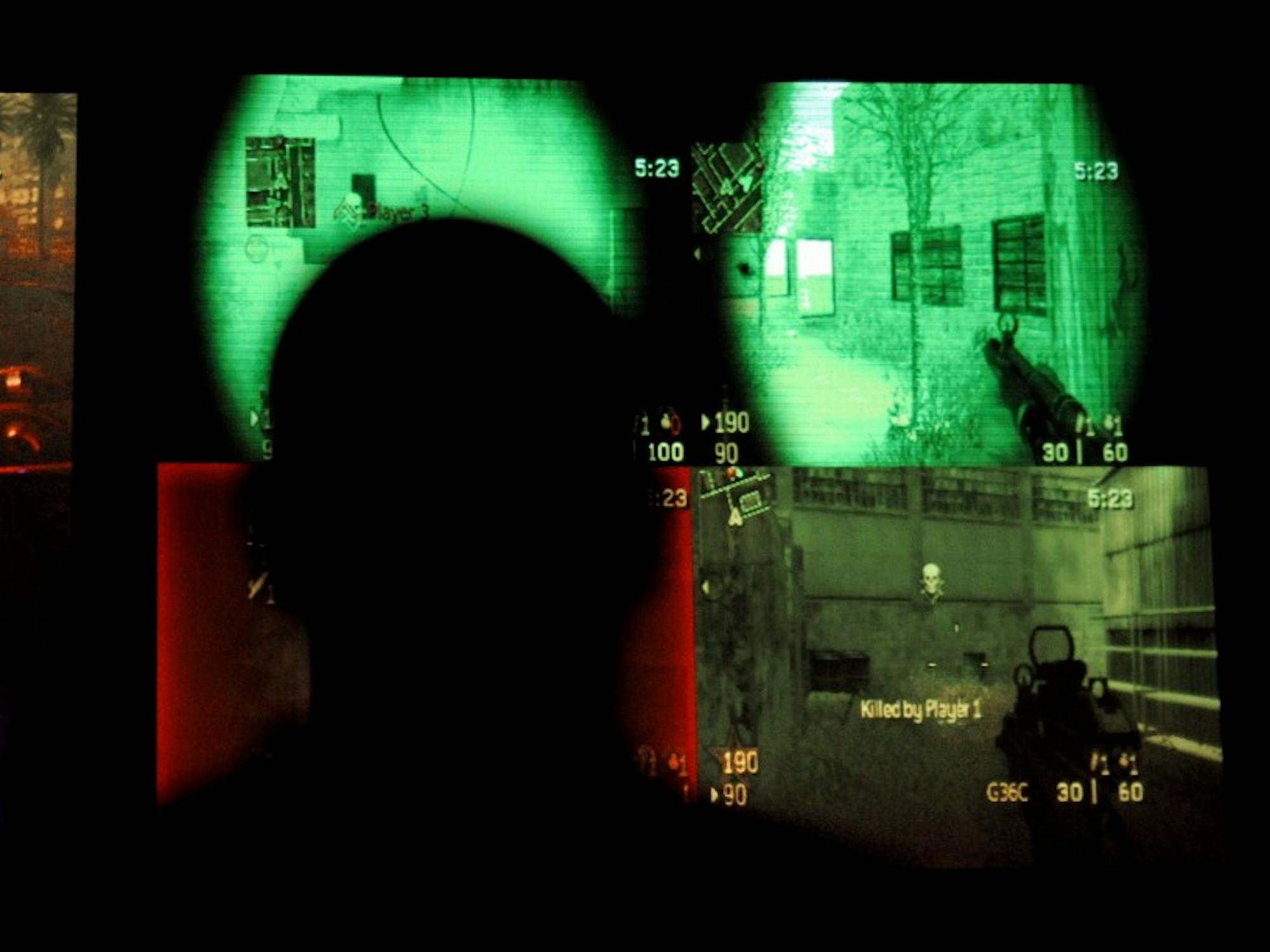Prince Harry of Wales recently compared his experience in active combat to playing video games during an interview with Britain’s Channel 4. The prince is brave to have left a comfortable life for warfare, but it was wrong to compare it to a video game. It reinforces an impression of a perilous situation, that while they may not admit it, many Americans already have of our campaigns in the Middle East.
It was “a joy for me because I’m one of those people that loves playing PlayStation and Xbox,” the prince said of his experience firing at militants in Afghanistan from an Apache helicopter.
The popularity of video games such as “Call of Duty” and the use of unmanned drones, which further remove our armed forces from critical strikes, advance the verisimilitude of safe warfare.
But there will be no respawning for the 6,663 American soldiers who have died in Iraq and Afghanistan. Soldiers who return with mental scars are not relieved with a restart function and there is no pause.
I doubt anyone actually believes coins appear after the death of a soldier, or amputees regain their lost limbs once they level-up, but such casual comparisons degrade the seriousness of war, as does the American military’s own tactic of using video games to entice young Americans to risk their lives.
In a New York Times article published in 2009, writer John Leland described the 14,500 square feet arcade “of mostly shoot-’em-up video games and three full-scale simulators,” military recruiters use to appeal to the youthful market the army must tap into to keep up its numbers.
The military’s use of video games for recruitment is shameful. The method preys on members of a culture in which “‘Call of Duty: Modern Warfare 3’ sold more than six and a half million units in North America and the U.K. during the first 24 hours of its release, with estimated revenue of $400 million,” as reported by The Wall Street Journal.
No one should assume military service translates into a trip to the Middle East and death in a sandy hellscape. But neither should army recruits think advances in technology make tactical error obsolete, or injuries totally curable.
“Take a life to save a life,” Prince Harry said in his interview. “If there’s people trying to do bad stuff to our guys, then we’ll take them out of the game.”
Harry was refreshingly candid in his interview, but I also believe
he was mistaken. Mistaken in how he compared the most serious and consequential situation to the most frivolous situation with consequences restricted to a virtual world.
Military service is an earnest commitment for an individual to make and it is admirable. But before a person enters into such a role, he or she should be fully aware of the rewards and risks. Those risks should not be compared to the inconsequential risk incurred as Master Chief and I try to destroy the Covenant in the “Halo” series.










